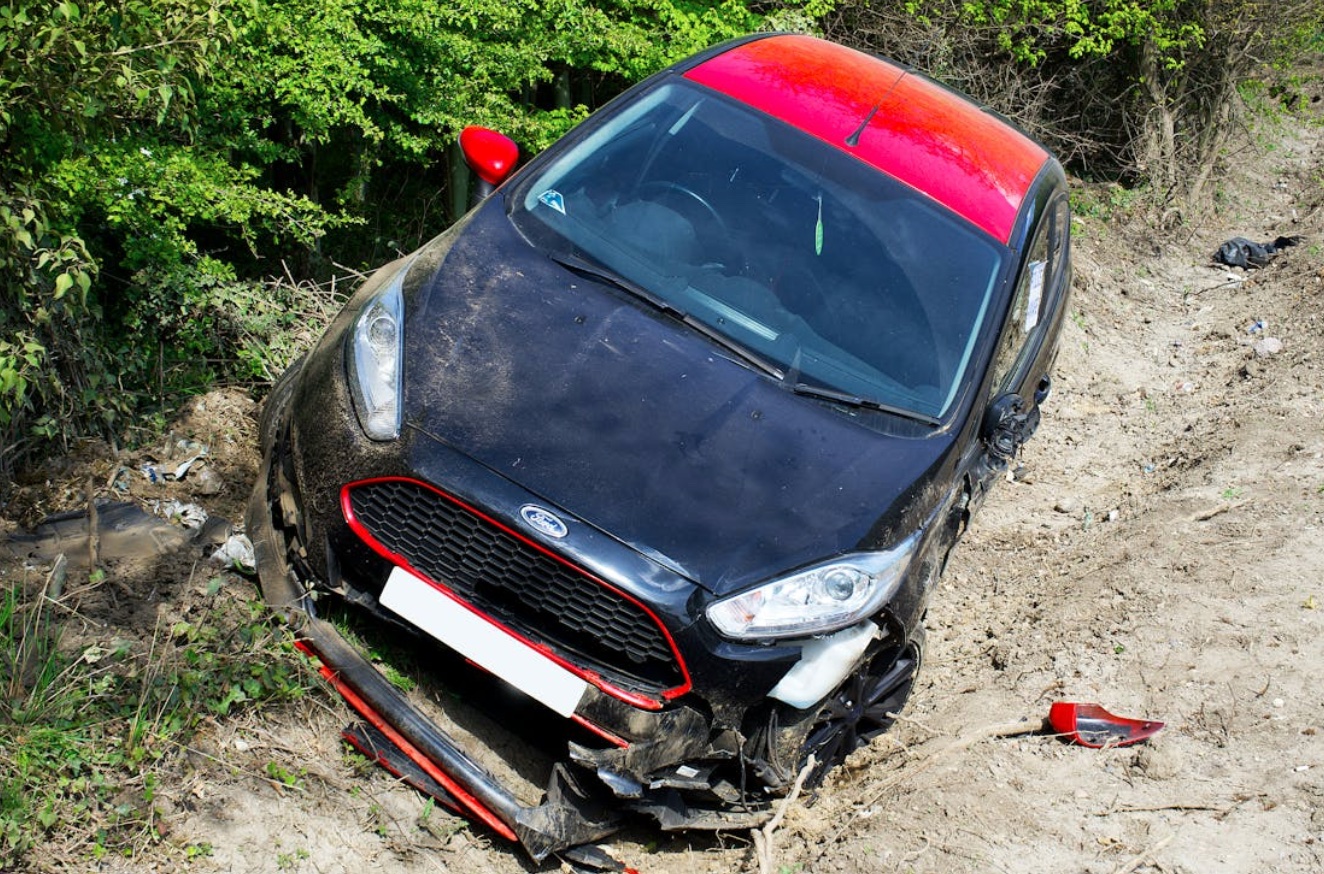Car accident cases don’t have to drag on forever. While some delays are unavoidable, knowing what slows things down—and taking the right steps—can help you get the compensation you deserve without unnecessary frustration.
Car accidents are stressful enough on their own, but when a case drags on for months or even years, it can feel like you’re stuck in a never-ending legal maze. Some people walk away with a settlement in a matter of weeks, while others wait what feels like forever. Why does this happen? And more importantly—what can you do to make sure your case moves as quickly as possible?
The truth is, no two car accident cases are exactly alike, and some take longer because of legal complexities, insurance tactics, or even mistakes people make along the way. But if you know what’s slowing things down, you can take steps to avoid unnecessary delays.
The Complexity of Your Accident Matters
Not all car accidents are simple fender benders. Some involve multiple vehicles, disputed facts, or severe injuries that take time to assess. When multiple drivers are pointing fingers, or if there are questions about who was truly at fault, the process naturally slows down.
Insurance companies and legal teams need to sift through police reports, witness statements, and accident reconstructions to get a full picture of what happened. And if the accident involved commercial vehicles, government entities, or hazardous conditions, even more legal red tape can come into play.
Multi-vehicle accidents, in particular, create a logistical headache. More cars mean more insurance companies, more claims, and more chances for disputes to arise. Each party’s legal team will push to minimize their client’s responsibility, dragging the process out even further.
Insurance Companies Play the Waiting Game
If you’re wondering why your case is taking forever, the answer often lies with the insurance company. They don’t make money by paying out claims quickly. In fact, delaying settlements is a common tactic insurers use to pressure accident victims into accepting less than they deserve.
They may take their time investigating, request endless rounds of paperwork, or dispute medical records to avoid making a fair offer. Sometimes, they even wait to see if financial stress forces you into an early, lowball settlement.
But here’s the good news—having a strong legal advocate can keep them from dragging their feet. A good attorney knows how to push back, set firm deadlines, and apply legal pressure when needed. If you’re handling a claim on your own, be persistent. Follow up frequently, document everything, and don’t be afraid to challenge unnecessary delays.
The Role of Medical Treatment in Your Case
One of the biggest factors in a car accident case timeline is medical recovery. If you suffered serious injuries, your case can’t truly move forward until your doctors understand the full extent of your condition.

This is especially true when it comes to long-term or permanent injuries. If you settle too early and later discover that you need ongoing treatment or surgery, you could be stuck paying for it out of pocket. That’s why attorneys and insurance companies often wait until you’ve reached “maximum medical improvement” before finalizing a settlement.
Car accident injuries aren’t always obvious right away, either. Some people feel fine in the first few days after an accident, only to develop serious pain or mobility issues later. Rushing the process before you fully understand your medical needs can lead to regrets down the road.
Disputes Over Fault Can Drag Things Out
When everyone agrees on who caused the accident, things tend to move faster. But if there’s any dispute, expect delays.
Fault isn’t always clear-cut, and insurance companies will fight to shift blame if it saves them money. In some cases, they might argue that you were partially responsible, even if the police report says otherwise. And if your case goes to court, proving fault becomes a legal battle that can stretch on for months.
Evidence like traffic camera footage, witness testimony, and accident reconstruction can help settle these disputes. But gathering and analyzing that evidence takes time. If the other driver’s insurance is pushing back, expect their legal team to fight every step of the way.
The Court System Has Its Own Timelines
If settlement negotiations don’t lead to a fair resolution, your case may end up in court. While most personal injury cases settle before reaching trial, the ones that do go to court tend to take much longer.
Lawsuits involve a lot of moving parts—filing motions, scheduling depositions, gathering expert testimony, and waiting for a court date (which could be months away). Even once a trial starts, proceedings can take weeks, and appeals may add even more time to the process.
Fortunately, filing a lawsuit doesn’t always mean going all the way to trial. Sometimes, just the act of taking legal action pushes insurance companies to settle faster. But if they refuse to negotiate, be prepared for the long haul.
How to Speed Up the Process and Get the Best Outcome
While some delays are out of your hands, there are steps you can take to keep things moving:
- Get medical attention immediately. The sooner you see a doctor, the sooner your injuries can be documented properly. Delaying medical care not only slows your case but can also hurt your claim.
- Gather evidence right away. Take photos, collect witness statements, and secure a copy of the police report as soon as possible. Strong evidence prevents unnecessary disputes later.
- Don’t talk to the insurance company alone. They may try to get you to say something that hurts your case. Having legal representation ensures you don’t accidentally give them an advantage.
- Be patient, but not passive. Follow up regularly with your attorney or the insurance adjuster. Staying proactive prevents your case from being forgotten in the system.
- Consider mediation or arbitration. If negotiations stall, alternative dispute resolution methods can sometimes lead to a faster settlement without a full trial.
The Bottom Line
Car accident cases don’t have to drag on forever. While some delays are unavoidable, knowing what slows things down—and taking the right steps—can help you get the compensation you deserve without unnecessary frustration. If your case is taking longer than expected, it’s worth talking to a legal professional to make sure you’re not being strung along. The sooner you take control of the process, the sooner you can move forward.


Join the conversation!